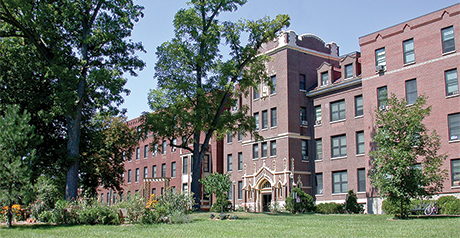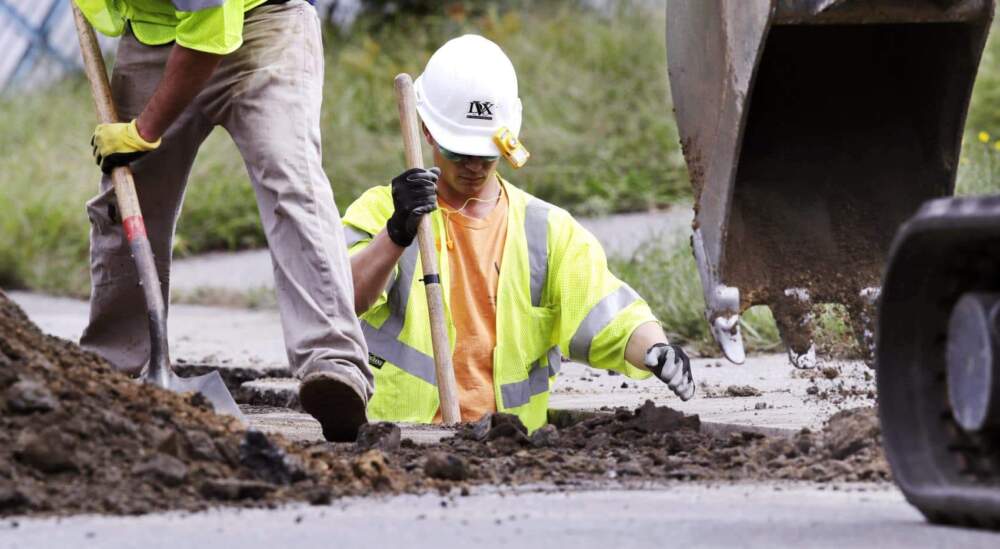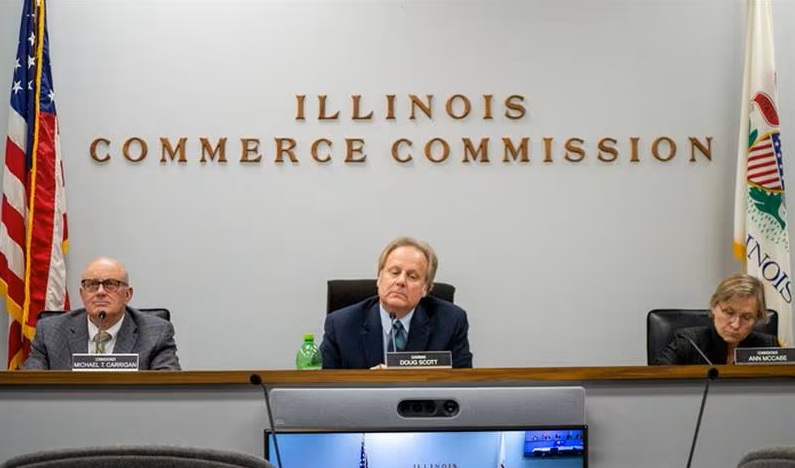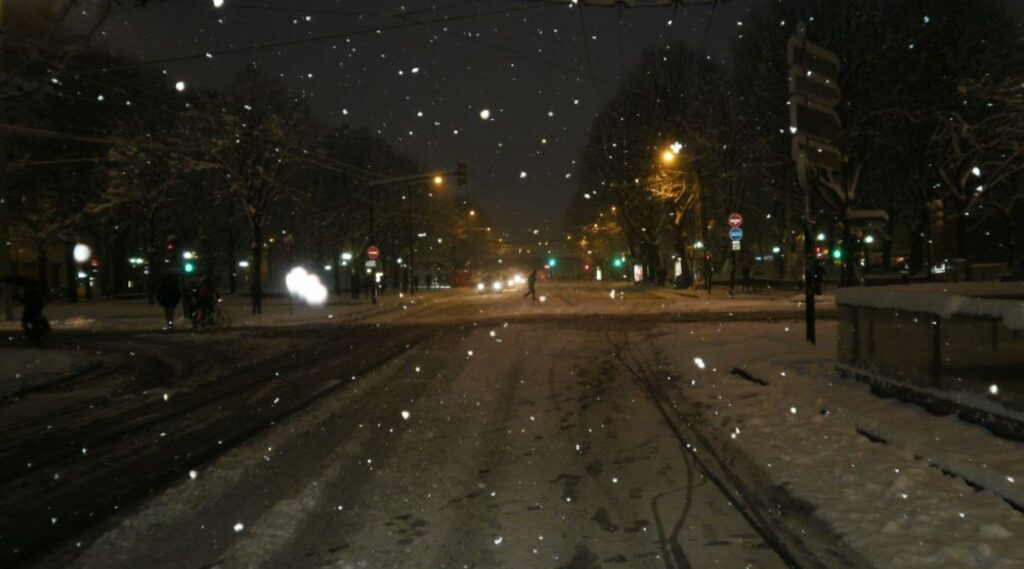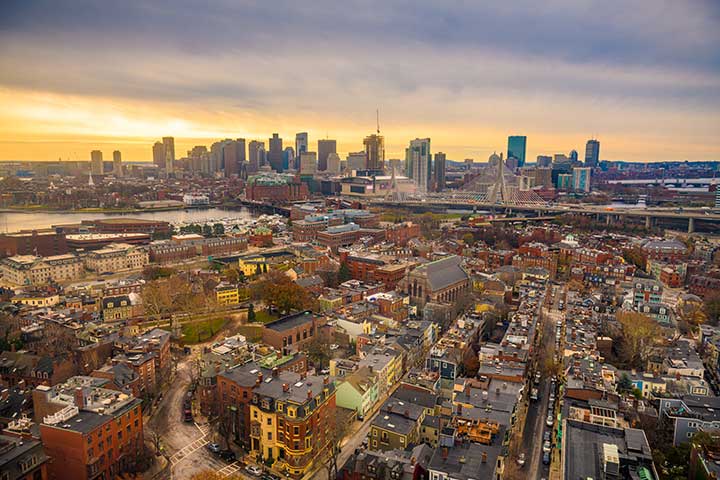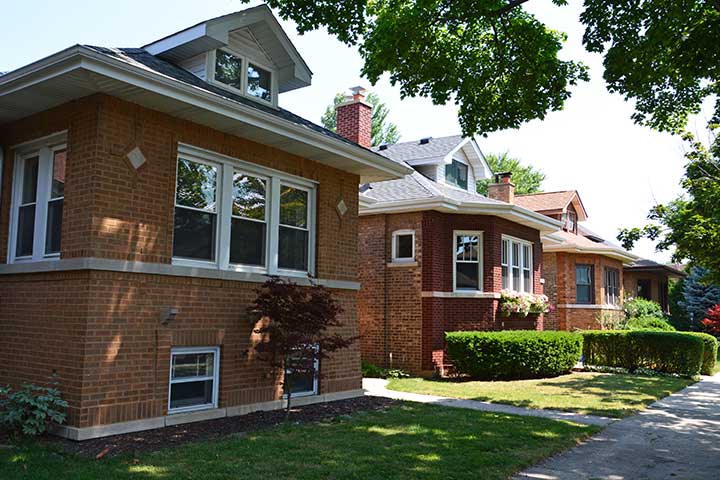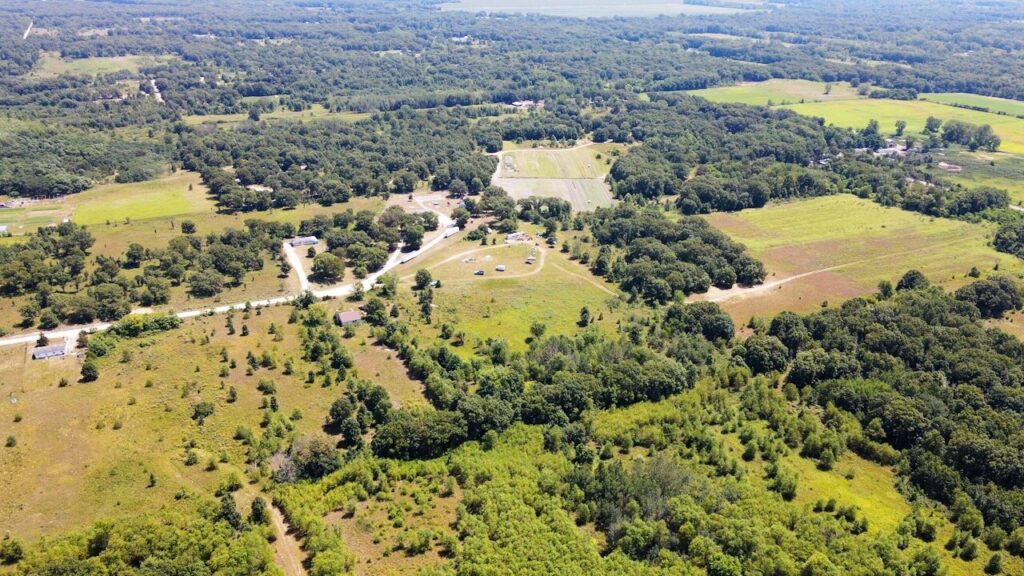Home →
Media Article
Consumer advocates say regulators should slash Ameren Illinois’ proposed $134M rate hike
Consumer advocates are pushing back against Ameren Illinois’ $134 million rate hike request for natural gas services that’s currently before state regulators. The watchdog groups contend the Illinois Commerce Commission, the state regulatory body, should reject at least two-thirds of the proposal. “t Ameren’s bid for a $134 million rate…
FeaturedMedia Article
Illinois to receive $430 million to reduce climate pollution
The US Environmental Protection Agency (USEPA) announced that Illinois will receive more than $430 million in Climate Pollution Reduction Grants, thanks to the Inflation Reduction Act, to tackle climate pollution, improve air quality, and advance environmental justice across the state. Grant funds will support building and industry decarbonization, freight electrification,…
Media Article
Massachusetts outlines new strategy for getting customers and utilities off gas
After more than three years of considering the future of the natural gas industry in Massachusetts and what role it can play in the state's efforts to significantly reduce its greenhouse gas emissions, the state's Department of Public Utilities issued an order meant to signal to gas utilities that it…
Media Article
Advocates hail regulatory ‘earthquake’ as state slashes requested gas rate increases
Illinois regulators unanimously approved rate hikes for four major natural gas utilities, but slashed the utilities' requested rate increases by as much as 50%. The regulators also launched a series of "future of gas" hearings that will for the first time hold the utilities accountable for aligning their planning with…
Media Article
Peoples Gas seeks record-high gas bill increase for customers
Environmental and community activists turned out in Chicago to protest against Peoples Gas' request for a $402 million rate hike for next year. "We don’t think consumers should be having to spend more money to rebuild fossil fuel pipelines," said activist Caroline Wooten. Dozens of activists showed up to Thursday's…
Media Article
Understanding energy behaviors for a more equitable future
Dr. Destenie Nock published a new study based on research in Chicago showing that low-income households turn on their cooling systems in hot weather three degrees later than higher income households, but they turn on heat in cold weather six degrees earlier than high income households, whether because of poor…
Media Article
The richest Americans account for 40 percent of U.S. climate emissions
The richest 10 percent of U.S. households are responsible for 40 percent of the country’s greenhouse gas emissions, according to a study released Thursday in PLOS Climate. The study, which looked at how a household’s income generated emissions, underlines the stark divide between those who benefit most from fossil fuels and those…
Media Article
Advancing Environmental Justice through Community Based Participatory Research
A journal article from We Act for Environmental Justice, discusses how community based participatory research builds capacity in communities and ensures government agencies and academic institutions are better able to incorporate community concerns into their research agendas.
FeaturedMedia Article
The Expert Next Door
An article from the winter 2023 edition of EDF’s Solutions, about how EDF attorney Christie Hicks is working with communities in Chicago to get resident voices into the rooms where energy decisions are being made.
FeaturedMedia Article
Fighting An Unjust Pipeline
An article from the spring 2022 edition of EDF’s Solutions, details how the Pembroke Environmental Justice Coalition and EDF is working to stop a natural gas pipeline from being built in Pembroke Township – an historic Black farming community.


